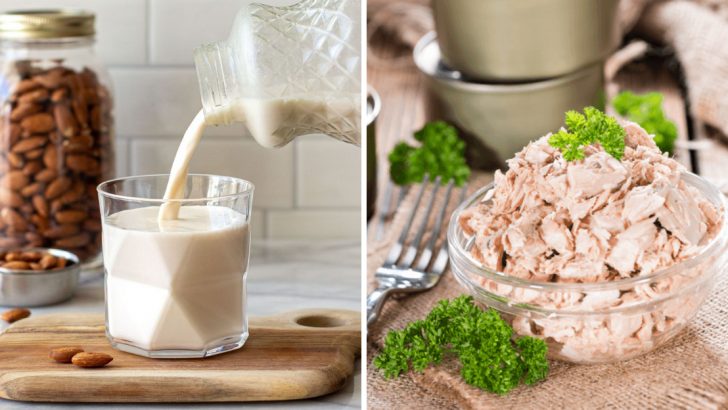Vitamin D, often called the ‘sunshine vitamin,’ does more than just strengthen bones. It boosts your immune system, improves mood, and helps your body absorb calcium.
While most of us think of sunlight as the main source, certain foods can also provide this essential nutrient. Here are some surprising dietary sources of vitamin D that might already be in your kitchen!
1. Canned Tuna
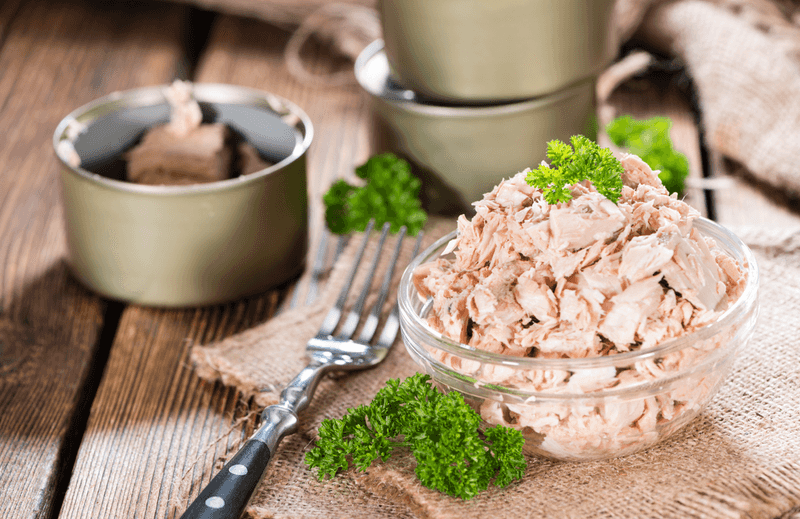
Forget fancy supplements! That humble can of tuna hiding in your pantry packs a serious vitamin D punch. A single 3-ounce serving delivers about 40% of your daily vitamin D needs.
The light varieties typically contain more vitamin D than white or albacore tuna. Beyond the vitamin boost, you’re also getting heart-healthy omega-3 fatty acids and lean protein.
2. Fortified Orange Juice
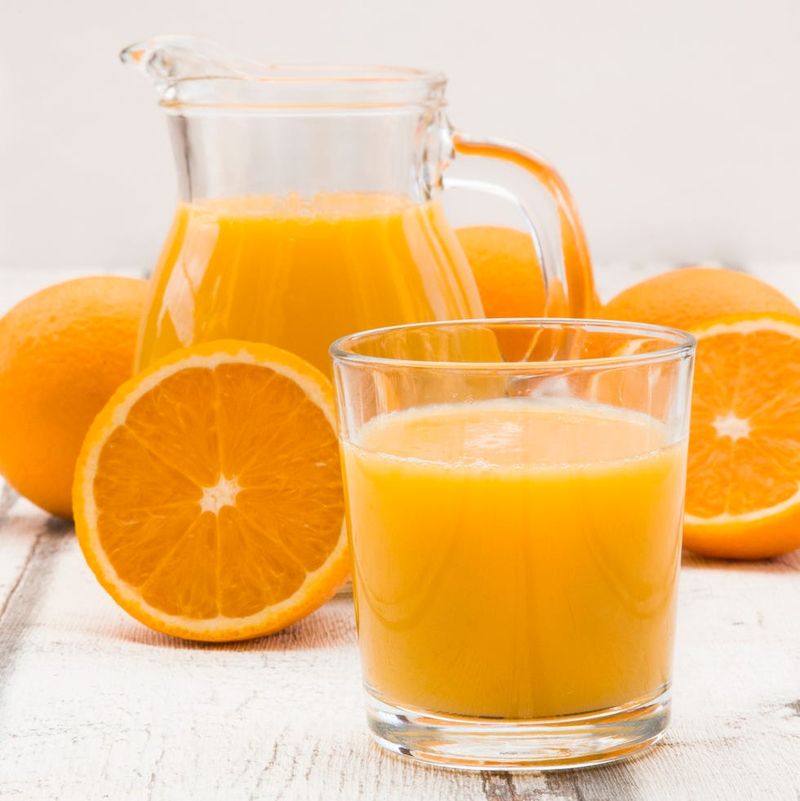
Shocking breakfast revelation: that morning glass of OJ might be secretly fighting vitamin D deficiency! Many brands now fortify their orange juice with vitamin D, offering about 15% of your daily needs per cup.
Perfect for those who don’t consume dairy products, fortified orange juice provides a tangy alternative source. The vitamin C in orange juice also helps your body better absorb iron from other foods.
3. Mushrooms Exposed To UV Light
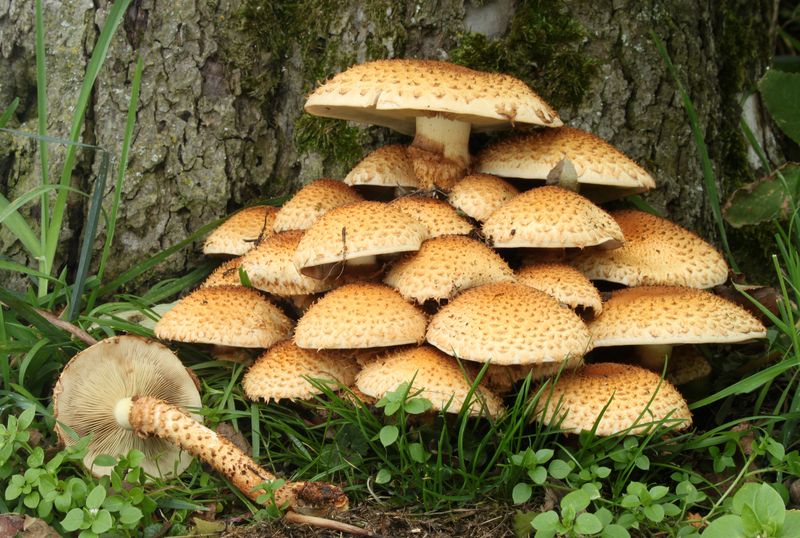
Mushrooms are the only plant-based food that naturally creates vitamin D – but here’s the wild part: they make it exactly like your skin does! When exposed to UV light (either sun or special lamps), mushrooms transform compounds into vitamin D2.
Some specialty mushrooms can provide nearly 100% of your daily vitamin D needs in a single serving. Look for packages labeled “UV-treated” or “vitamin D-enriched” at your grocery store. Portobello, shiitake, and maitake varieties tend to produce the highest levels.
4. Fortified Breakfast Cereals
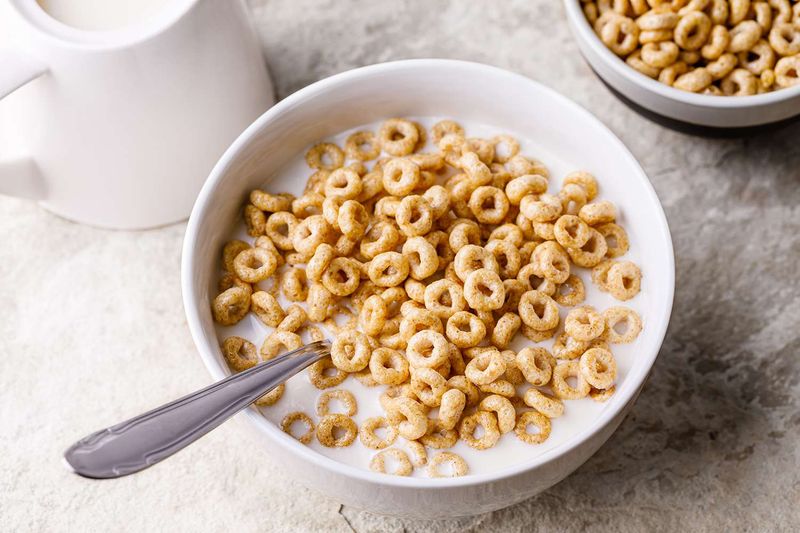
Those colorful cereal boxes aren’t just fighting for your kids’ attention—many are secretly nutritional heavyweights! Numerous breakfast cereals are fortified with vitamin D, offering anywhere from 10-25% of your daily requirements per serving.
The genius move? Pairing them with vitamin D-fortified milk doubles your intake in one simple breakfast bowl. Whole grain varieties provide the best overall nutritional profile, combining fiber with your vitamin boost.
5. Sardines

Hold your nose if you must, but don’t underestimate these tiny tinned treasures! Sardines are vitamin D goldmines—a single 3.75-ounce can provides nearly 70% of your daily requirement.
Unlike their tuna cousins, sardines are typically consumed whole (bones and all), which delivers an additional calcium bonus. The oil they’re packed in actually helps preserve the fat-soluble vitamin D content.
6. Fortified Plant Milks
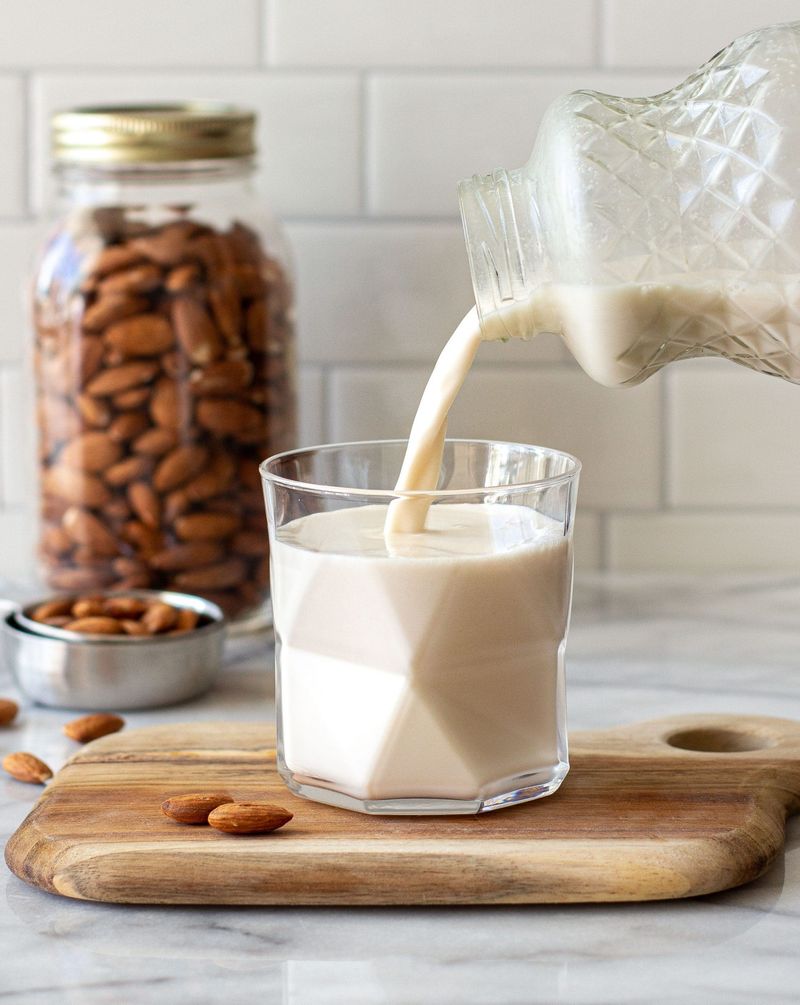
Plant-based revolution alert! Almond, soy, and oat milks aren’t just for the lactose intolerant anymore. Many brands fortify these dairy alternatives with vitamin D levels that match or exceed cow’s milk—typically 15-25% of your daily needs per cup.
The vitamin D added to these milks helps your body absorb the calcium they’re also fortified with. Not all plant milks are created equal though—unsweetened varieties offer the same vitamin benefits without added sugars.
7. Egg Yolks
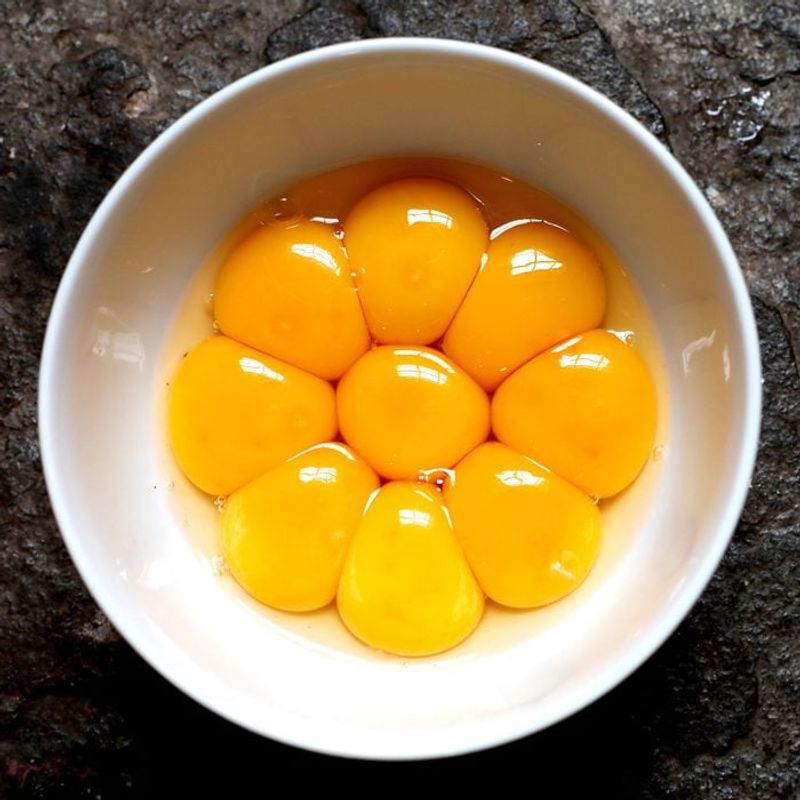
The secret to egg yolks’ vitamin D content? It depends on the chicken’s lifestyle! Pasture-raised hens that soak up sunlight produce eggs with 3-4 times more vitamin D than conventional eggs. A single egg yolk from a free-range chicken can provide about 10% of your daily vitamin D needs.
The vitamin is concentrated entirely in that golden center—egg whites contain protein but zero vitamin D. Some specialty eggs come from chickens fed vitamin D-enriched feed, boosting levels even higher.
8. Fortified Tofu
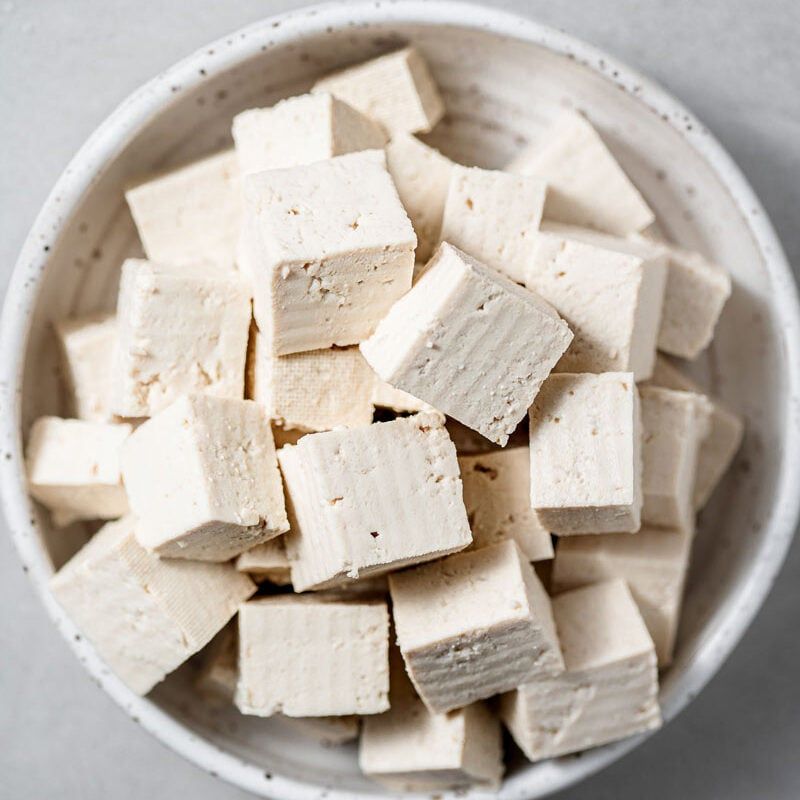
Tofu just got a serious upgrade! Some manufacturers now fortify this vegetarian staple with vitamin D, transforming it from merely protein-rich to a vitamin powerhouse. A 3-ounce serving of fortified tofu can provide up to 20% of your daily vitamin D requirement.
The firm varieties tend to contain higher vitamin D levels than silken or soft types. This makes fortified tofu especially valuable for vegans and vegetarians who have fewer natural vitamin D food options.
9. Canned Salmon
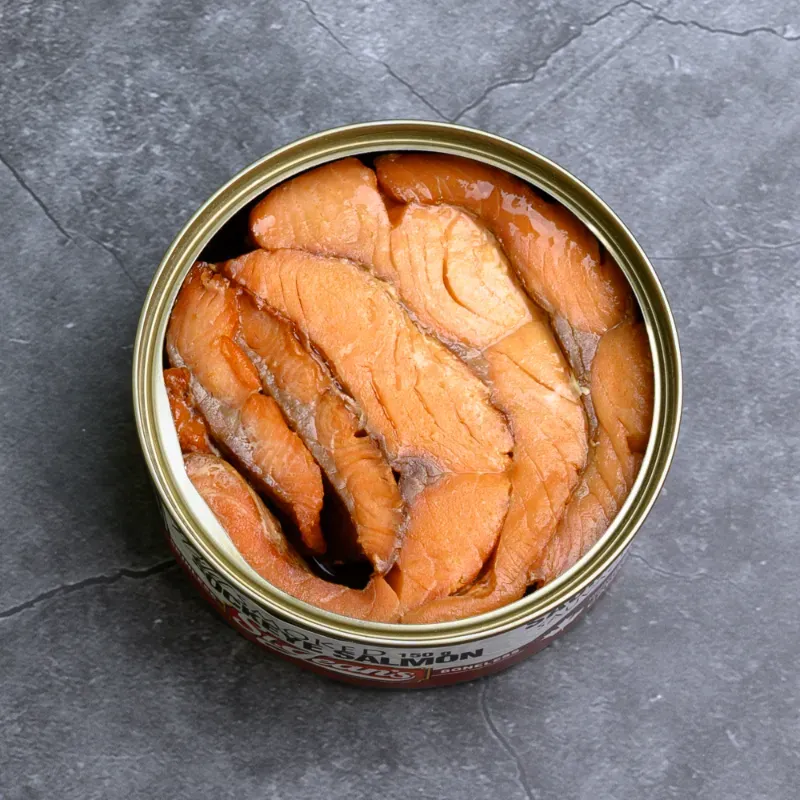
Canned salmon might be the most underrated superfood in your pantry! With bones included (they’re soft and edible), a 3-ounce serving delivers an astonishing 100% of your daily vitamin D needs.
Wild-caught salmon contains significantly more vitamin D than farmed varieties. The pink flesh also packs omega-3 fatty acids that work synergistically with vitamin D to boost brain and heart health.
10. Cheddar Cheese
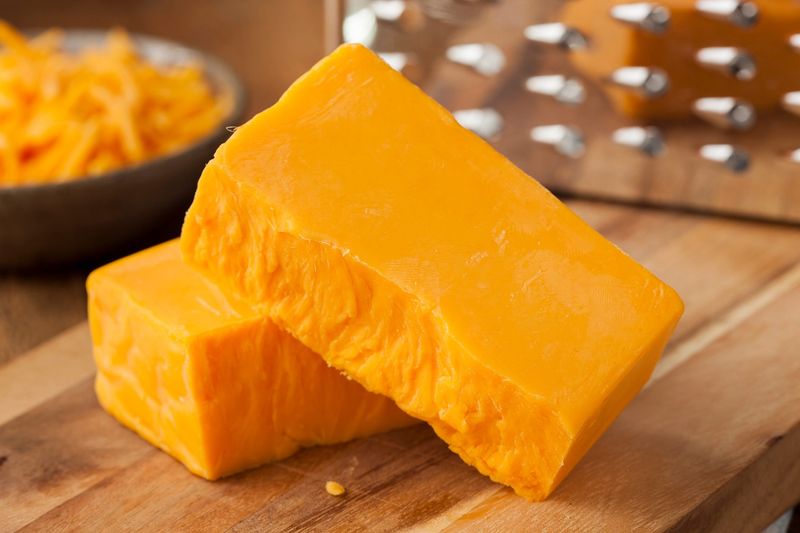
That grilled cheese sandwich might be fighting vitamin D deficiency! While not as potent as some other sources, cheddar cheese contains modest amounts of naturally-occurring vitamin D – about 5-10% of your daily needs per ounce.
Aged cheddars typically contain slightly higher vitamin D levels than younger varieties. The fat content in cheese actually helps your body absorb this fat-soluble vitamin more efficiently.
11. Fortified Yogurt
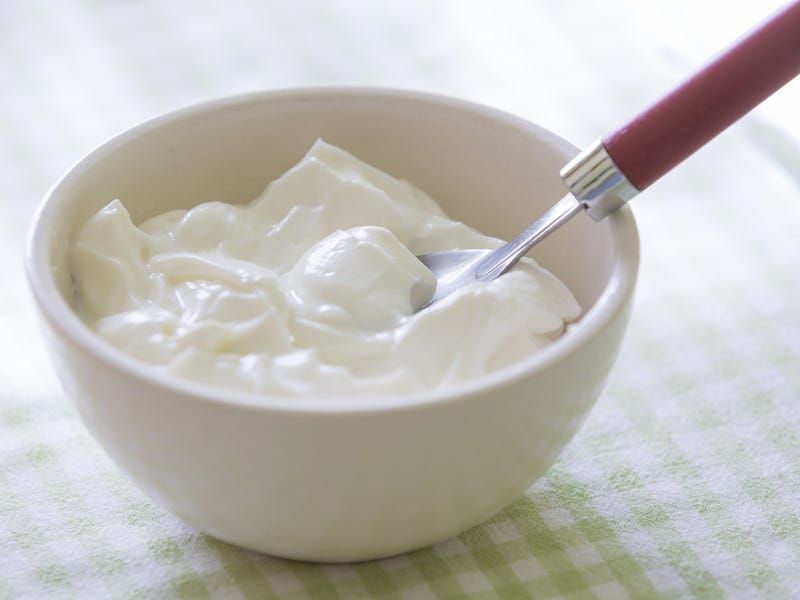
Regular yogurt’s gut-friendly reputation just got better! Many manufacturers now fortify yogurt with vitamin D, creating a double-duty health food. A single 6-ounce serving of fortified yogurt can provide 15-20% of your daily vitamin D needs.
Greek varieties tend to have slightly less vitamin D than regular yogurt but offer more protein. The probiotics in yogurt may actually enhance vitamin D absorption, creating a nutritional tag-team effect. Plain yogurt typically contains more vitamin D than flavored versions.
12. Oysters
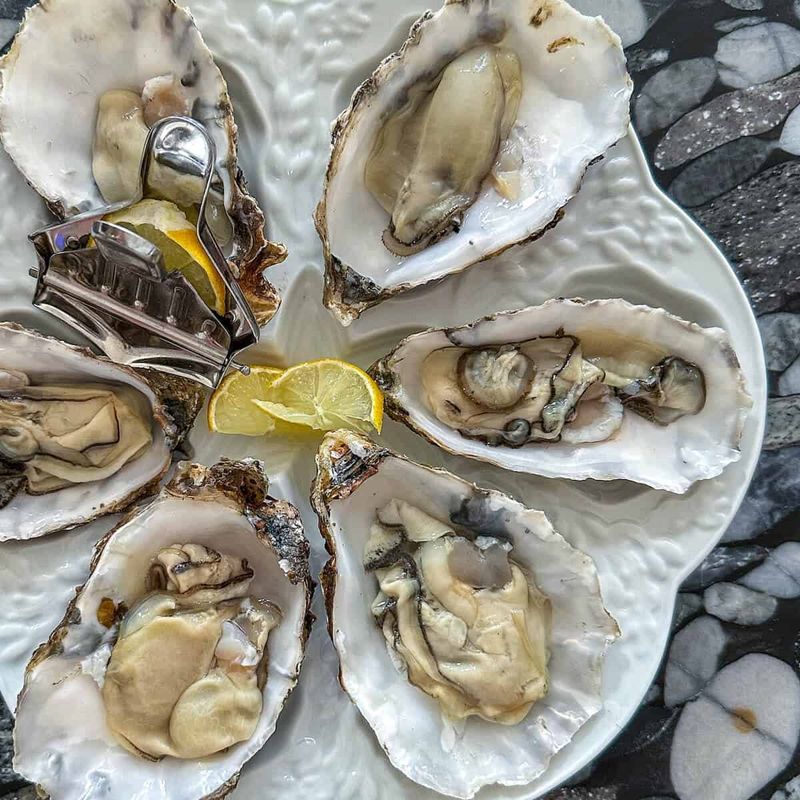
These briny delicacies aren’t just famous for romance – they’re legitimate vitamin D hotspots! Six raw oysters deliver about 15-20% of your daily vitamin D requirements, along with an impressive zinc boost for immune support.
Wild oysters contain more vitamin D than farmed varieties, similar to the pattern seen with salmon. The vitamin content varies seasonally, with summer oysters typically providing higher levels after absorbing more sunlight.
13. Beef Liver
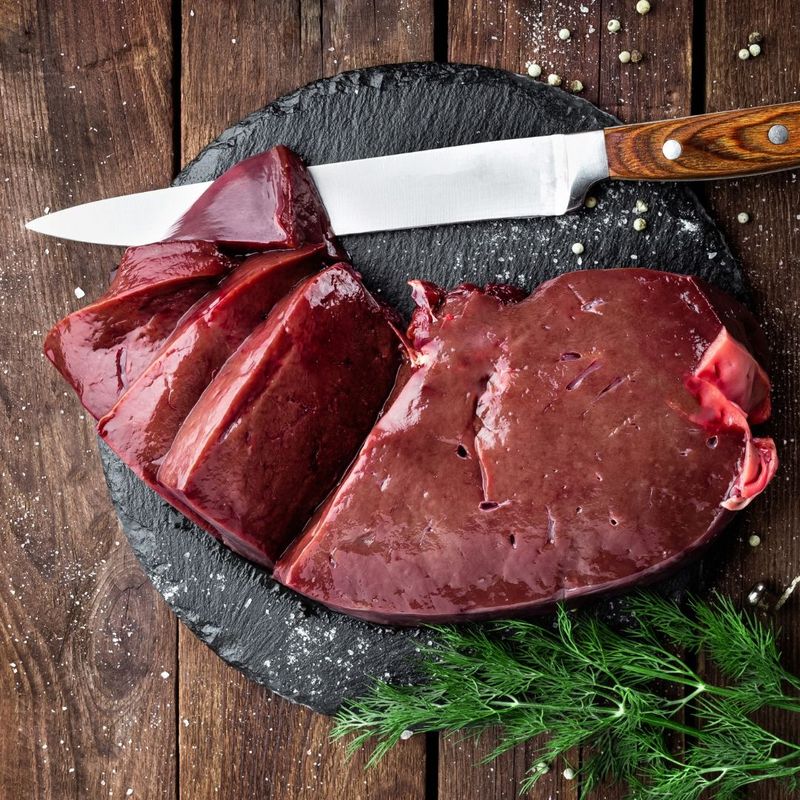
Grandma was right about liver’s benefits! This old-school superfood contains a surprising amount of vitamin D – about 15% of your daily needs per 3-ounce serving. Beyond vitamin D, liver is nature’s multivitamin, packed with vitamin A, B12, iron, and copper.
Grass-fed beef liver contains higher vitamin D levels than conventional, reflecting the animal’s sun exposure and diet. Not a liver fan? Try it in small amounts mixed into ground beef for burgers or meatloaf to mask the distinctive flavor.
14. Butter
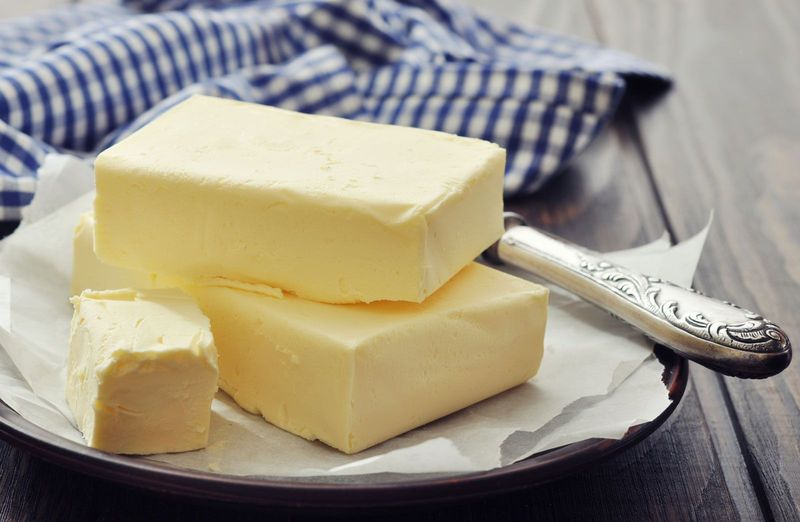
Butter’s reputation is making a comeback! This creamy spread contains small but significant amounts of vitamin D – approximately 2% of your daily needs per tablespoon. Grass-fed butter contains 2-3 times more vitamin D than conventional butter.
The yellow color intensity actually indicates vitamin content – deeper yellow butter typically has more vitamins A and D. While not the most concentrated source, butter’s fat content helps your body absorb vitamin D from other foods eaten alongside it.
15. Caviar

Who knew this gourmet indulgence was actually a health food? Caviar (fish roe) contains impressive amounts of vitamin D – about 19% of your daily requirement in just one tablespoon!
These tiny black pearls also deliver omega-3 fatty acids and vitamin B12. The vitamin content varies by fish species, with sturgeon caviar typically ranking highest. Can’t justify the sturgeon caviar price tag? Try more affordable salmon or trout roe, which offer similar nutritional benefits.

